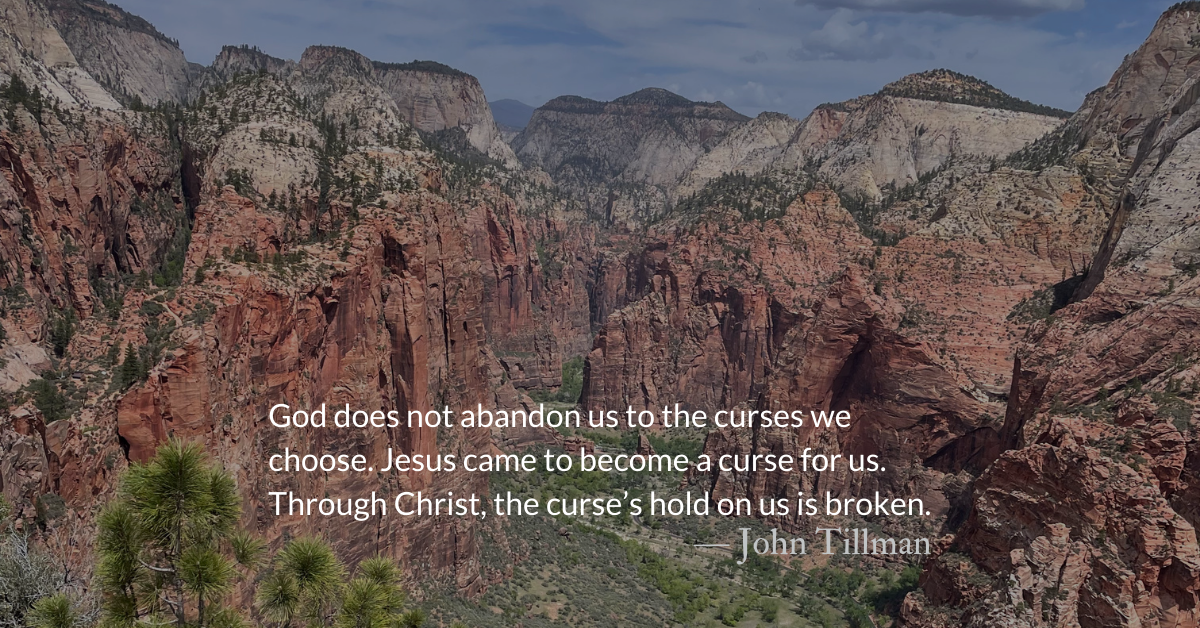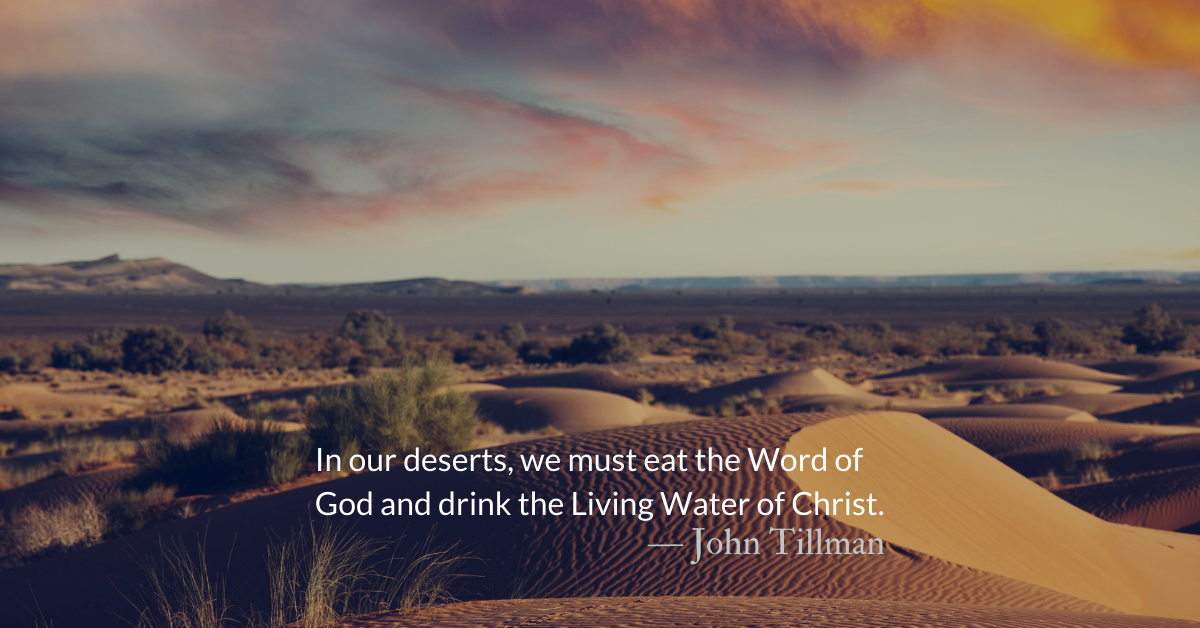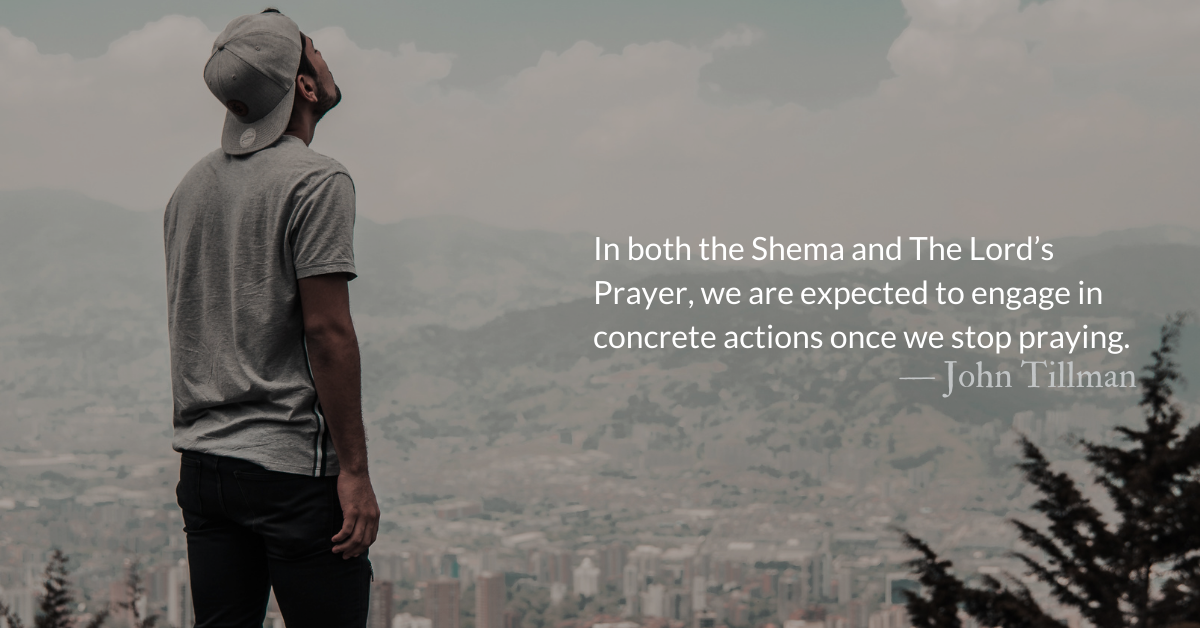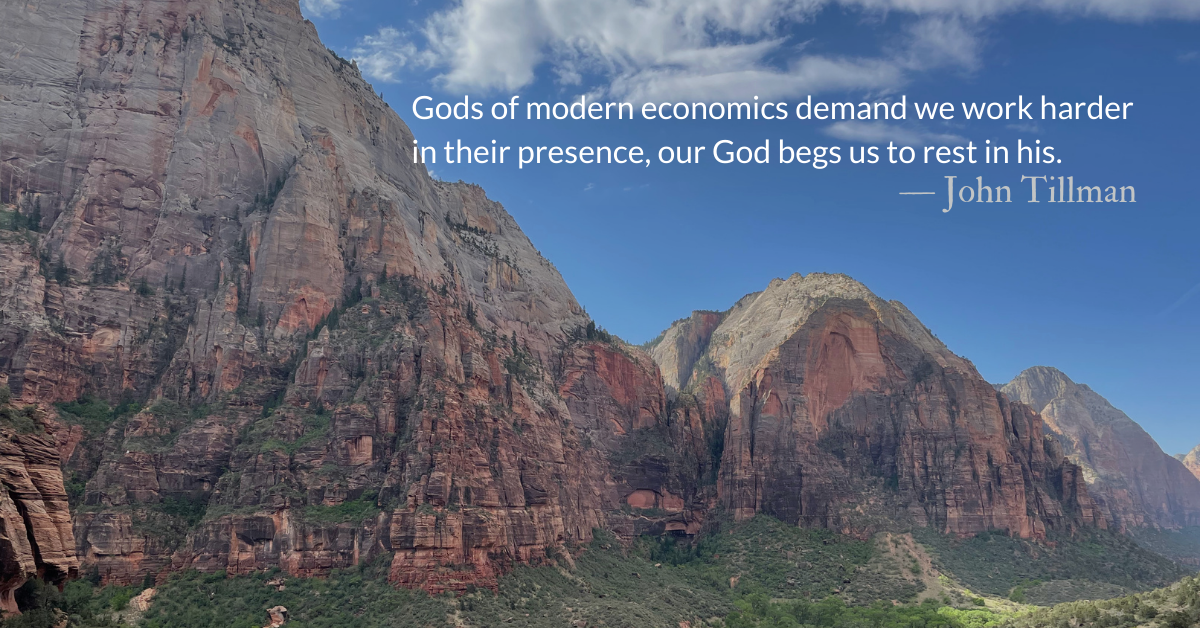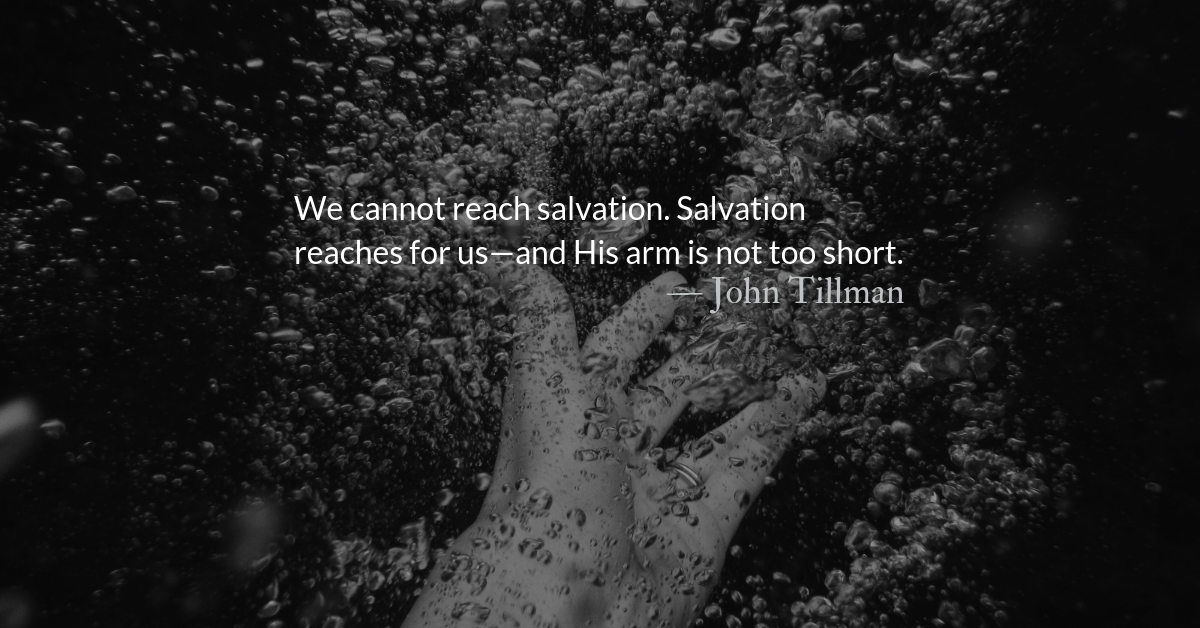Scripture Focus: Deuteronomy 11.18-20, 26-29
18 Fix these words of mine in your hearts and minds; tie them as symbols on your hands and bind them on your foreheads. 19 Teach them to your children, talking about them when you sit at home and when you walk along the road, when you lie down and when you get up. 20 Write them on the doorframes of your houses and on your gates,
26 See, I am setting before you today a blessing and a curse—27 the blessing if you obey the commands of the Lord your God that I am giving you today; 28 the curse if you disobey the commands of the Lord your God and turn from the way that I command you today by following other gods, which you have not known. 29 When the Lord your God has brought you into the land you are entering to possess, you are to proclaim on Mount Gerizim the blessings, and on Mount Ebal the curses.
Reflection: Between Gerizim and Ebal
By John Tillman
Moses gave instructions for a gigantic event that he would never see. Joshua would carry it out after Moses died. (Deuteronomy 27.9-13; Joshua 8.33-35) Half the tribes were to stand on Mount Gerizim and half on Mount Ebal. The tribes standing on Gerizim would pronounce the blessings that would come from obedience. The tribes standing on Ebal would pronounce the curses that would come from rebellion.
It was part antiphonal choral reading, part performance-art, part visual demonstration, part community learning event, and part worship ceremony. What a meaningful and memorable moment.
Standing in between Gerizim and Ebal, there is more at stake than personal holiness or individual choices. Israel was not just choosing whether they would be blessed but whether they would be a blessing to the nations as God promised Abraham that they would.
Israel’s role was not to destroy all other nations but to bless them. They were to bless them by being an example of righteousness. They were to bless them by being the priestly nation to whom all could come to meet God.
God wants blessings for all people and his loving voice echoes in scripture like shouts across a canyon. Often, however, we plug our ears to God’s voice and shout back our rebellion and rejection of him. Curses echo back to us in our own, proud, stubborn voices.
Yet, God does not abandon us to the curses we choose. Jesus came to become a curse for us. (Galatians 3:12-14) Through Christ, the curse’s hold on us is broken (Revelation 22:3) and our life can overflow with good things. Jesus took the curses of Ebal and he brings to us the blessings of Gerizim.
Israel was to be God’s instrument but forgot the tune they were to play. Through Christ, we can pick up the melody. Will we choose God’s blessings and to bless others?
When we lie down and when we get up may we talk about God’s word and pass it on to others. (Deuteronomy 11.19-21)
Let us daily make a meaningful and memorable moment, dedicating ourselves to God.
Let us set before ourselves the image of Gerizim and Ebal.
May we hear and obey God’s call toward blessing.
Divine Hours Prayer: The Greeting
Restore us, O God of hosts; show the light of your countenance, and we shall be saved. — Psalm 80.3
Today’s Readings
Deuteronomy 11 (Listen – 4:38)
Psalm 95-96 (Listen – 1:37)
Read more about His Blessings, Our Curse
We have your blessings today, Lord,
Because you took our curse!
Read more about The Value of Words
Our purpose at The Park Forum is to produce words that are filled with life, not death.
Words that bless and do not curse.


